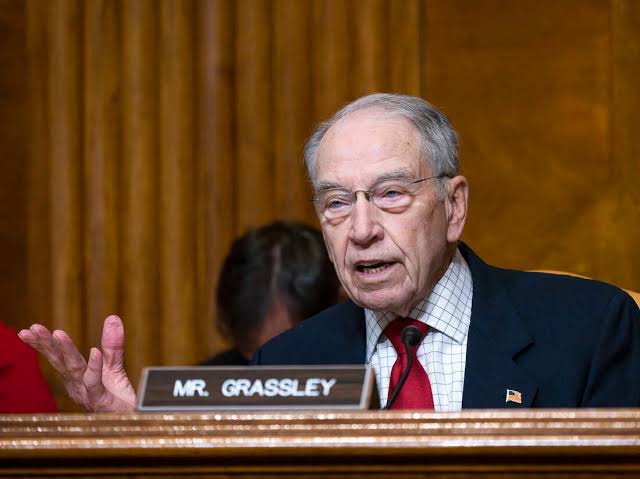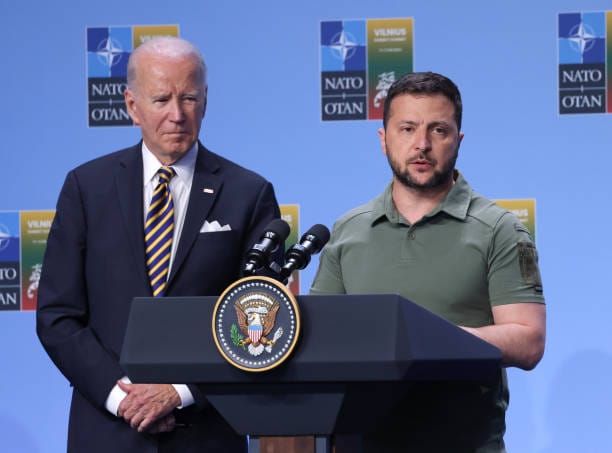Grassley Raises Alarm Over Alleged Censorship of Immigration Judges by Biden Administration

In a bold assertion that has stirred the political landscape, Senator Chuck Grassley has accused the Biden administration of attempting to silence immigration judges.
This claim has emerged amidst a contentious backdrop of immigration policy debates and a burgeoning backlog of cases awaiting resolution in immigration courts.
Senator Grassley's allegations are rooted in a recent directive from the Department of Justice (DOJ), which requires immigration judges to seek supervisory approval before engaging in public discourse or media interactions. This move, according to Grassley, is a "blatant attempt to discourage and obstruct" federal employees from exercising their legally protected right to free speech.
The senator's concerns were echoed in a letter addressed to Attorney General Merrick Garland, where Grassley emphasized the critical importance of maintaining open channels of communication with Congress, particularly in light of the current immigration crisis at the southern border.
"It's critically important that immigration judges communicate with Congress, especially when the Biden administration's leadership and policy failures have created an unprecedented immigration crisis at our Southern Border," Grassley wrote.
The DOJ's email, disclosed by ABC News, outlines the new restrictions placed on the National Association of Immigration Judges, requiring any public remarks, press interviews, or written engagements, such as articles or blog posts, to be cleared by a supervisor.
Sheila McNulty, the newly appointed chief immigration judge, acknowledged the contentious nature of this policy but insisted on compliance.Judge Mimi Tsankov, president of the judges' union and a vocal critic of the backlog of some three million cases pending resolution in the immigration court system, has been particularly outspoken.
Her public engagements and testimony before Congress in late 2023 have brought significant attention to the challenges faced by the immigration courts.
The policy change reverses more than 50 years of precedent, according to Matt Biggs, the president of the International Federation of Professional & Technical Engineers (IFPTE), a broader organization that includes the judges' union.
Immigration judges, who are federal employees housed within the Justice Department, have for decades been entitled to speak publicly at forums, before Congress, and in press interviews.
The implications of this policy are far-reaching, sparking debate over the balance between government transparency and operational discretion. As the legal community and the public await further clarification on the administration's stance, the future of free speech within the federal judiciary system hangs in the balance.



